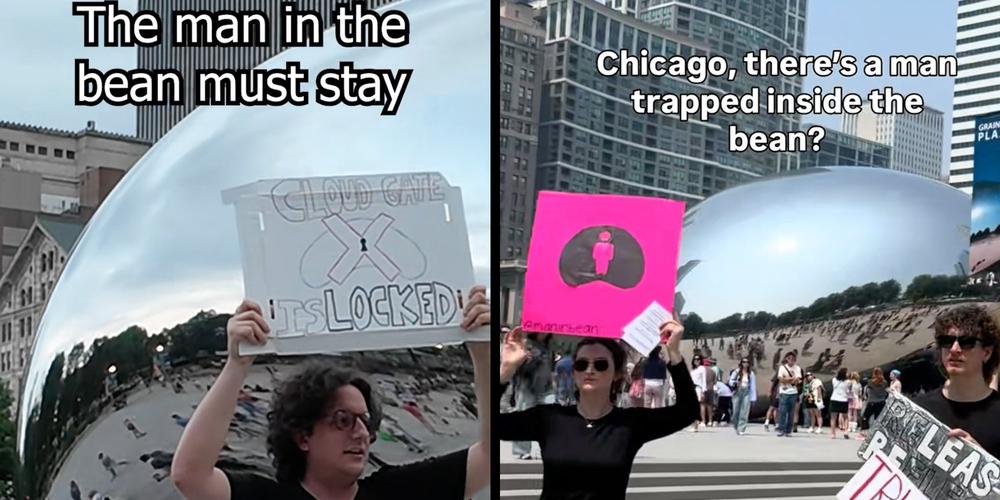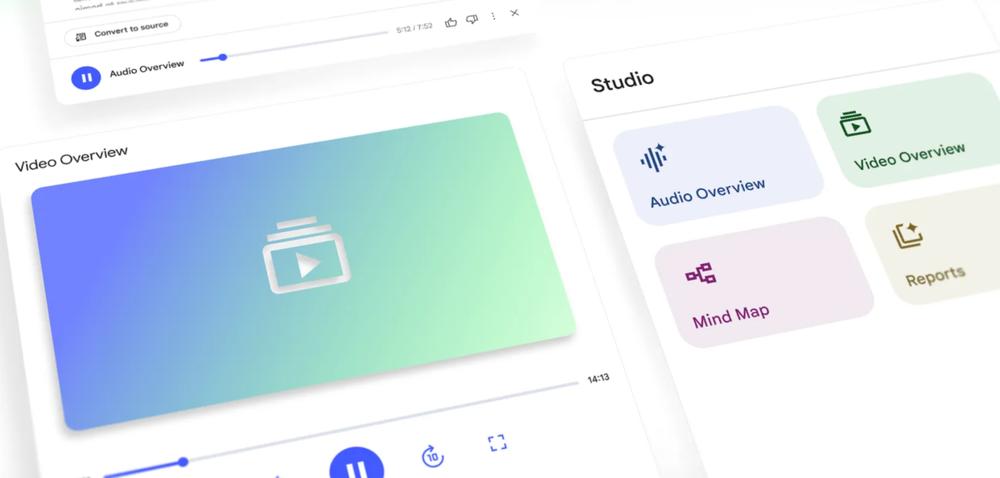Is it a conspiracy? For months, YouTubers have been quietly griping that something looked off in their recent video uploads. Following a deeper analysis by a popular music channel, Google has now confirmed that it has been testing a feature that uses AI to artificially enhance videos. The company claims this is part of its effort to "provide the best video quality," but it's odd that it began doing so without notifying creators or offering any way to opt out of the experiment.
Google's test raised eyebrows almost immediately after it began rolling out in YouTube Shorts earlier this year. Users reported strange artifacts, edge distortion, and distracting smoothness that gives the appearance of AI alteration. If you've ever zoomed in close after taking a photo with your smartphone only to notice things look oversharpened or like an oil painting, that's the effect of Google's video processing test.
According to Rene Ritchie, YouTube's head of editorial, this isn't quite like the AI features Google has been cramming into every other product. In a post on X (formerly Twitter), Ritchie said the feature is not based on generative AI but instead uses "traditional machine learning" to reduce blur and noise while sharpening the image. Although, this is a distinction without a difference—it's still AI of a sort being used to modify videos.
YouTuber Rhett Shull began investigating what was happening to his videos after discussing the issue with a fellow creator. He quickly became convinced that YouTube was applying AI video processing without notifying anyone—he calls this "upscaling," though Google's Ritchie contends this is not technically upscaling tech.
Regardless of what you call it, Google finally had to admit that it was modifying videos as part of a test. Whether this test becomes an official part of YouTube's upload process is not clear, nor do we know if AI enhancement will be optional for creators.
Do you deserve to know?
Some casual viewers may end up liking Google's AI-enhanced videos, but the pixel-peepers producing videos are understandably irked. Aside from whether or not the tweaked videos look any better (not really), Google is making these changes without telling anyone. The company says it's interested in viewer and creator feedback to "iterate and improve" the upscaling features. The company should take its own advice, though.
When Google announced the Pixel 10 phones, it noted that its improved imaging pipeline can make AI enhancements to photos automatically. The team believed it was important to be transparent about that, so the Pixel 10 integrated C2PA labeling. Photos you take can be automatically labeled as AI-edited to make totally sure everyone knows they may not be an accurate representation of reality. But YouTube videos? The company seems less concerned about that.
As much as Google doesn't want to admit it, there is a user backlash against AI content. If there's even a hint that a creator used AI, the Internet will pounce. By applying AI edits (or whatever Google wants to call it), the company is potentially exposing creators to undue scrutiny and possible loss of reputation with this previously secret video test. We're about to see a lot more of this as Google moves toward unleashing Veo video generation in YouTube.

 Protestors claim there’s a man trapped inside Chicago’s Bean sculpture. Why?
Protestors claim there’s a man trapped inside Chicago’s Bean sculpture. Why?